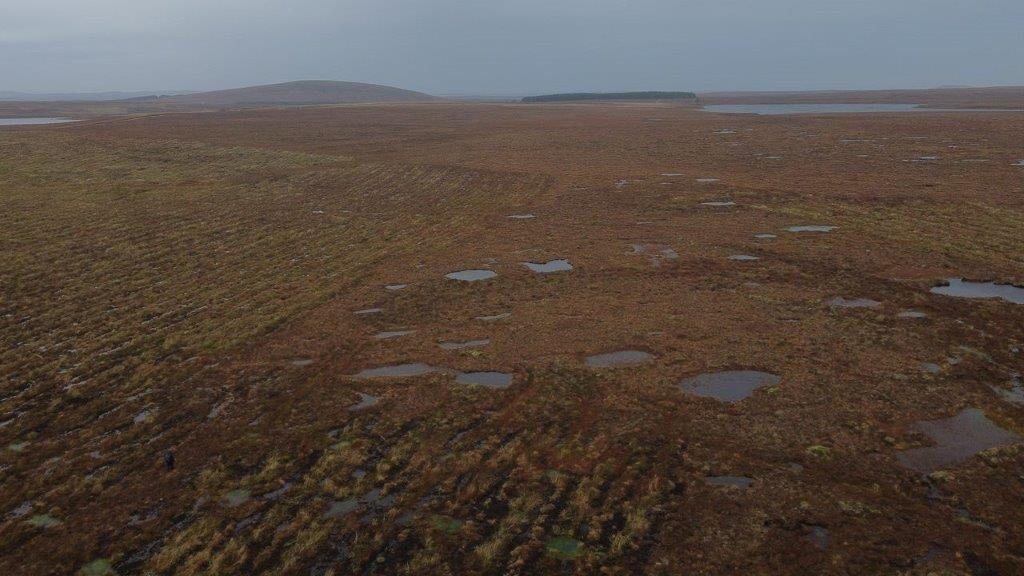
A major review has led to an update in how emissions from peatlands are estimated and a significant expansion of the Peatland Code, making more restoration schemes eligible for private finance.
An evidence review has led to an update in how greenhouse gas emissions and removals from different types of peatland in the UK are estimated for use as part of the UK’s national Greenhouse Gas (GHG) Inventory.
It was led by the UK Centre for Ecology & Hydrology (UKCEH) and supported by scientists from the James Hutton Institute, and was produced for Defra.
Peatlands occupy 12% of the UK’s land area and store vast quantities of carbon. Healthy peatlands capture carbon dioxide from the atmosphere and deposit a small amount of carbon as peat each year.
However, around 80% of the UK’s peatlands have been significantly affected by the way they are managed.
The review also paved the way for the Peatland Code, a voluntary certification scheme for peatland restoration, operated by the International Union for the Conservation of Nature (IUCN) UK Peatland Programme, to be aligned with the GHG Inventory.
The changes will enable a better assessment of how much funding is needed for peatland restoration as part of the UK’s efforts to meet its 68% emissions reduction target.
The alignment of the Defra-backed Peatland Code with the updated peatland inventory will also mean better estimates of the abatement potential that individual restoration projects can generate.
Rebekka Artz, senior research scientist at the James Hutton Institute, said: “Every year, we understand more about peatland emissions and how to reduce them through restoration or better management.
"We are better equipped to understand the scale of the issue, while more avenues are opened to green finance investment to deliver peatland restoration.”
The Peatland Code is the primary mechanism for private funding and generation of carbon credits for UK peatland restoration.
It provides a voluntary certification standard for UK peatland projects wishing to market the greenhouse gas reduction benefits of peatland restoration.
It also provides assurances to voluntary carbon market buyers that the climate benefits being sold are real, quantifiable, additional and permanent.
The UK government has committed to invest more than £50 million in peat restoration by 2025 and is currently consulting on banning the sale of peat and peat containing products.
The Scottish government has pledged more than £250 million in peatland restoration up to 2030, and there are also peatland-specific initiatives in Wales and Northern Ireland.
